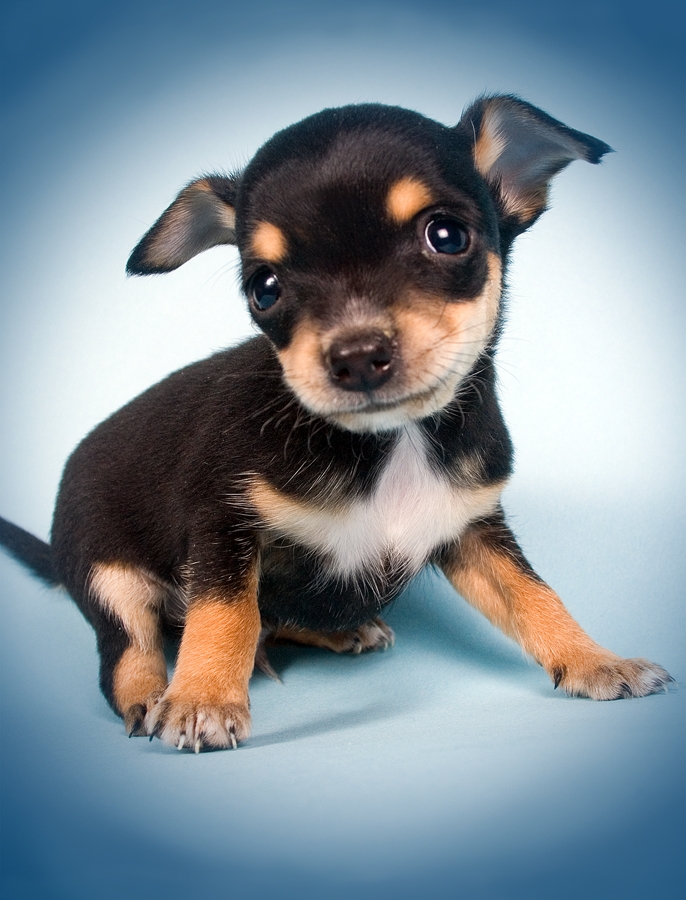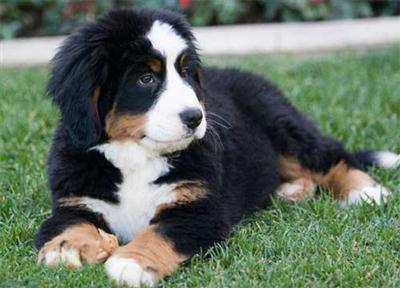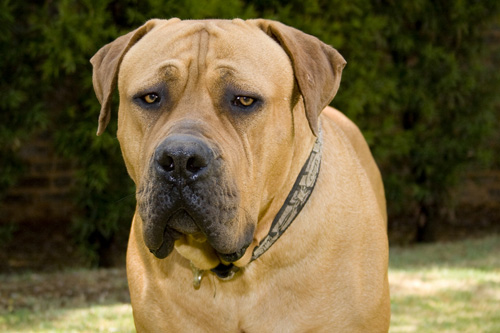Many senior dogs end up for adoption each year through no fault of their own. The owner may have died, someone in the family developed allergies, or the family moved.
There are even cases where the family simply decided they couldn’t bear to see their dog get older and pass away. A large breed dog is considered senior at about seven years of age, and a small breed is considered senior at about twelve years of age.
A senior dog rescue can be an especially good choice for someone who wants a dog that is less active and energetic. Many senior dogs have mellowed a lot by the time they reach their senior years, and really want nothing more than a little food, short walks, and love and affection thrown in for good measure. A senior dog adoption can get you unconditional love and a friend for life.










